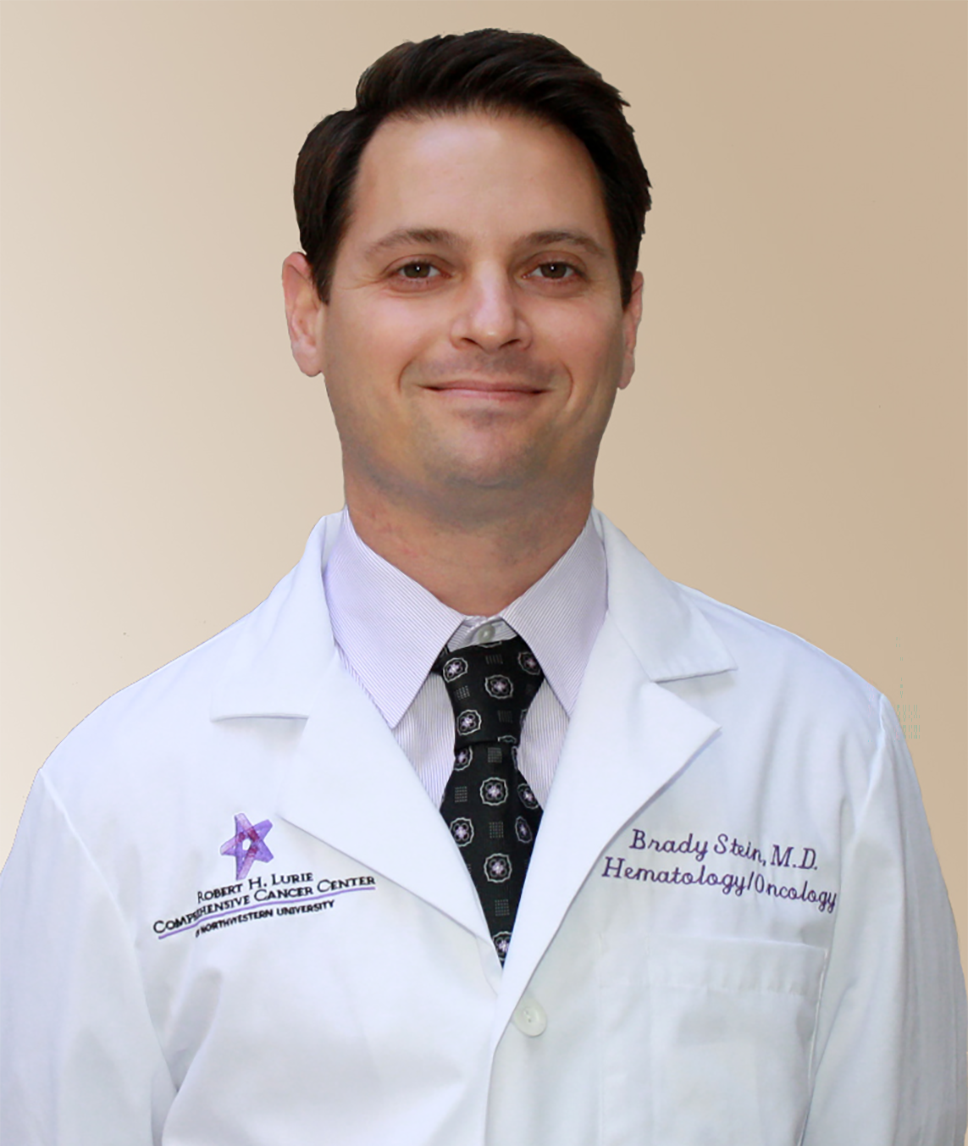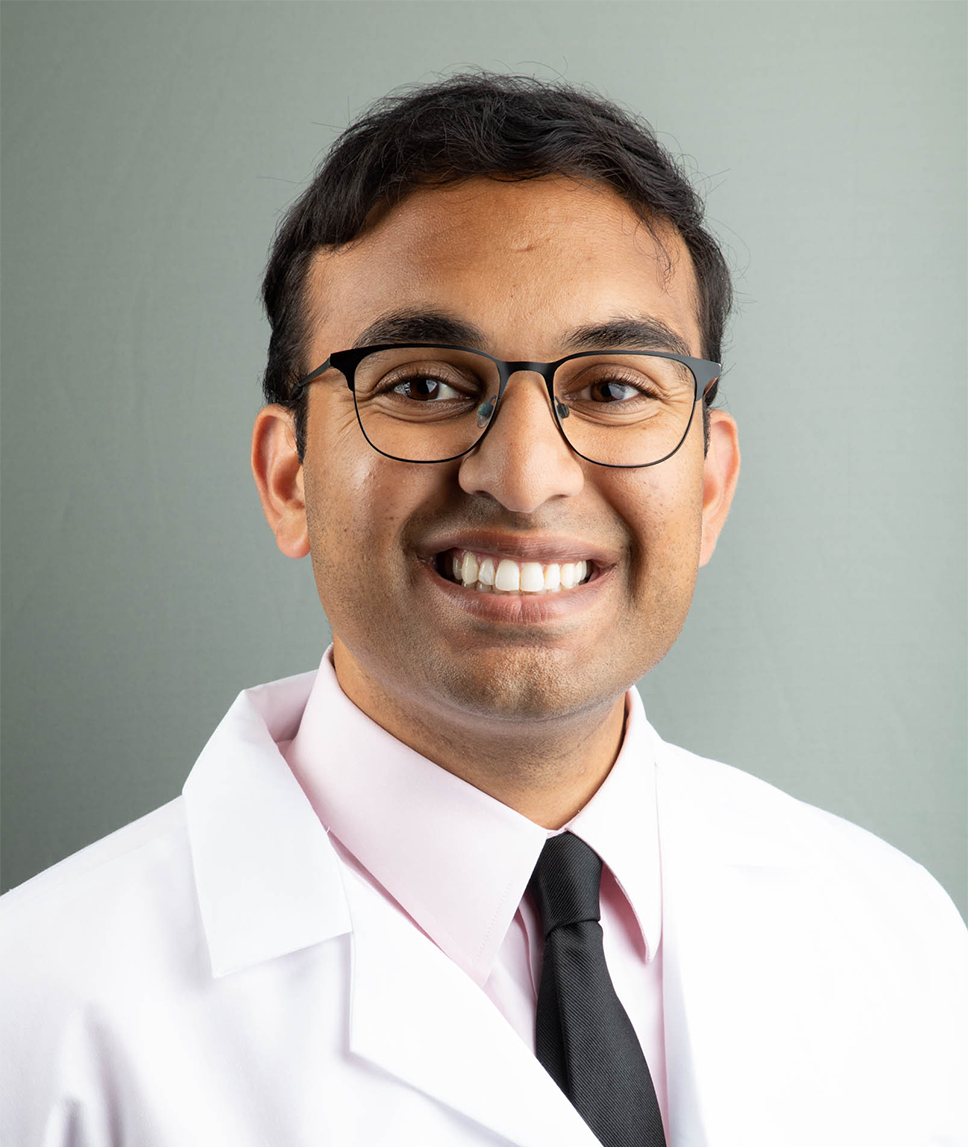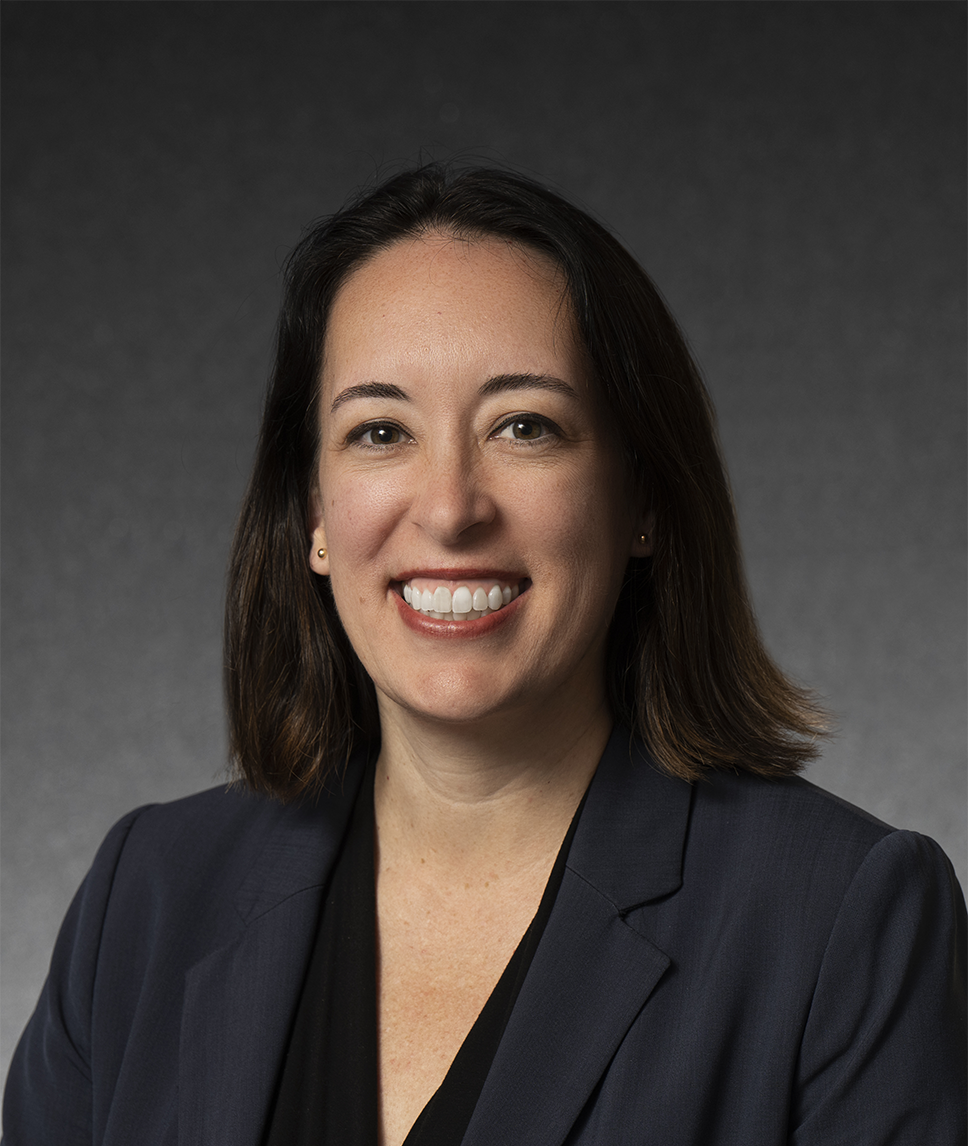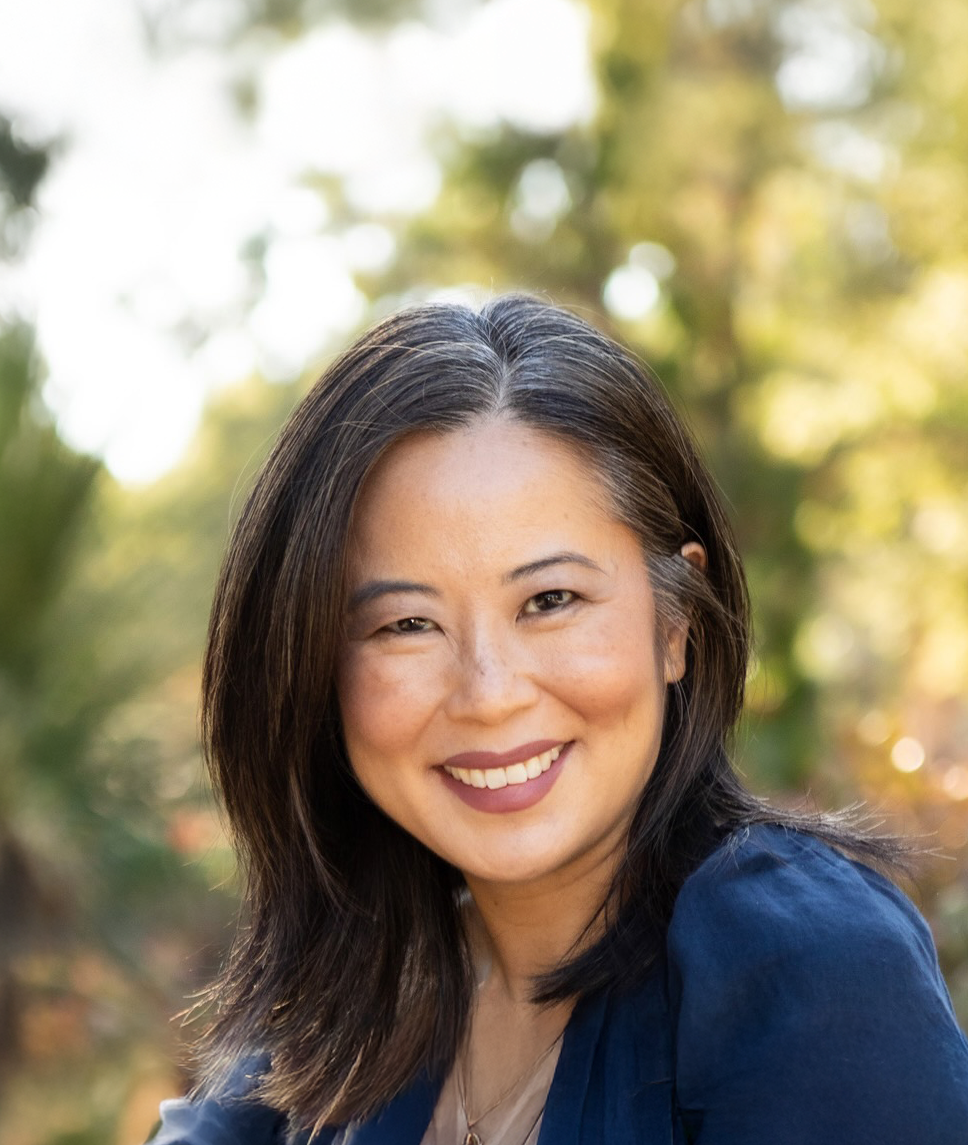Brady L. Stein, MD, MHS (Senior Executive Editor)
Dr. Stein is a professor in the Division of Hematology/Oncology at Northwestern University Feinberg School of Medicine, where he serves as codirector of the myeloproliferative neoplasm disease group. He received his medical degree from Emory University and completed a residency in internal medicine and a hematology fellowship at Johns Hopkins Hospital. Dr. Stein is board certified in hematology, and his interests include myeloproliferative neoplasms, thrombosis, sickle cell disease, and systems-based practices as they pertain to classical hematology.
About
ASH-SAP, Ninth Edition
The American Society of Hematology Self-Assessment Program (ASH-SAP), Ninth Edition, is as a resource for trainees and practicing hematologists both as a topic review and for preparation of board certification/recertification. Practicing hematologists can earn continuing medical education (CME) credit and points toward American Board of Internal Medicine (ABIM) Maintenance of Certification (MOC). Learners can claim up to 45 hours of CME credit and/or ABIM MOC credit through a series of six test modules. ASH-SAP is divided into 49 chapters, with 254 challenging and informative multiple-choice questions that will prepare hematologists for professional certification or recertification exams.
Multiple choice questions in ASH-SAP reinforce educational concepts from the chapters that are expanded on in the critiques. All multiple-choice questions and critiques are new, and almost all questions are case based, reflecting the style of questions used in professional examinations. Each question and each critique have been peer-reviewed by content experts, editors, and an independent medical writer with expertise in the construction of case-based vignettes.
New feature included with the Ninth addition: A new self-guided question and answer app is automatically included with ASH-SAP 9. The ASH Q&A Bank app provides you with more than 300 additional practice questions and gives you the capability to test your knowledge with multiple practice tests.*
To claim up to 45 CME/MOC credits based on the ASH-SAP Ninth Edition, visit the ASH Academy On Demand.
*Contents of the Q&A app are not CME accredited
About the Editors


Anand A. Patel, MD (Associate Executive Editor)
Dr. Patel is an assistant professor of medicine, director of the in-patient leukemia service, and associate program director for the adult hematology-oncology fellowship at the University of Chicago. He received his medical degree from the University of Missouri-Columbia. He completed his internal medicine residency at the McGaw Medical Center of Northwestern University, where he served as chief medical resident. Subsequently, he completed an adult hematology-oncology fellowship at the University of Chicago. Dr. Patel’s clinical and research interests include acute leukemia and myeloid malignancies.

Jacquelyn M. Powers, MD, MS (Associate Editor-Medical Education and Multimedia)
Dr. Powers is an associate professor of pediatrics at Baylor College of Medicine and serves as the section chief of hematology in the Texas Children’s Cancer and Hematology Center in Houston, Texas. She is the director of the Iron Disorders and Nutritional Anemias Program and previously served as the codirector of the Adolescent Hematology and Gynecology Clinic at Texas Children’s Hospital. Her primary clinical and research interests include iron deficiency anemia and disorders of hemostasis and thrombosis.

Catherine C. Smith, MD (Associate Editor-Question Writing)
Dr. Smith is an associate professor in the Division of Hematology/Oncology at the University of California San Francisco (UCSF). She is the associate program director of the Physician-Scientist Career Development Program and is a co-leader of the Molecular Oncology Program for the UCSF Helen Diller Comprehensive Cancer Center. Dr. Smith received her medical degree from Duke University. She completed her residency in internal medicine at Brigham and Women’s Hospital and a fellowship in hematology and oncology at UCSF. She is board certified in hematology. Dr. Smith is a physician scientist whose research interests focus on acute leukemia. Her clinical practice includes acute leukemias, myelodysplastic syndromes, and myeloproliferative diseases.
